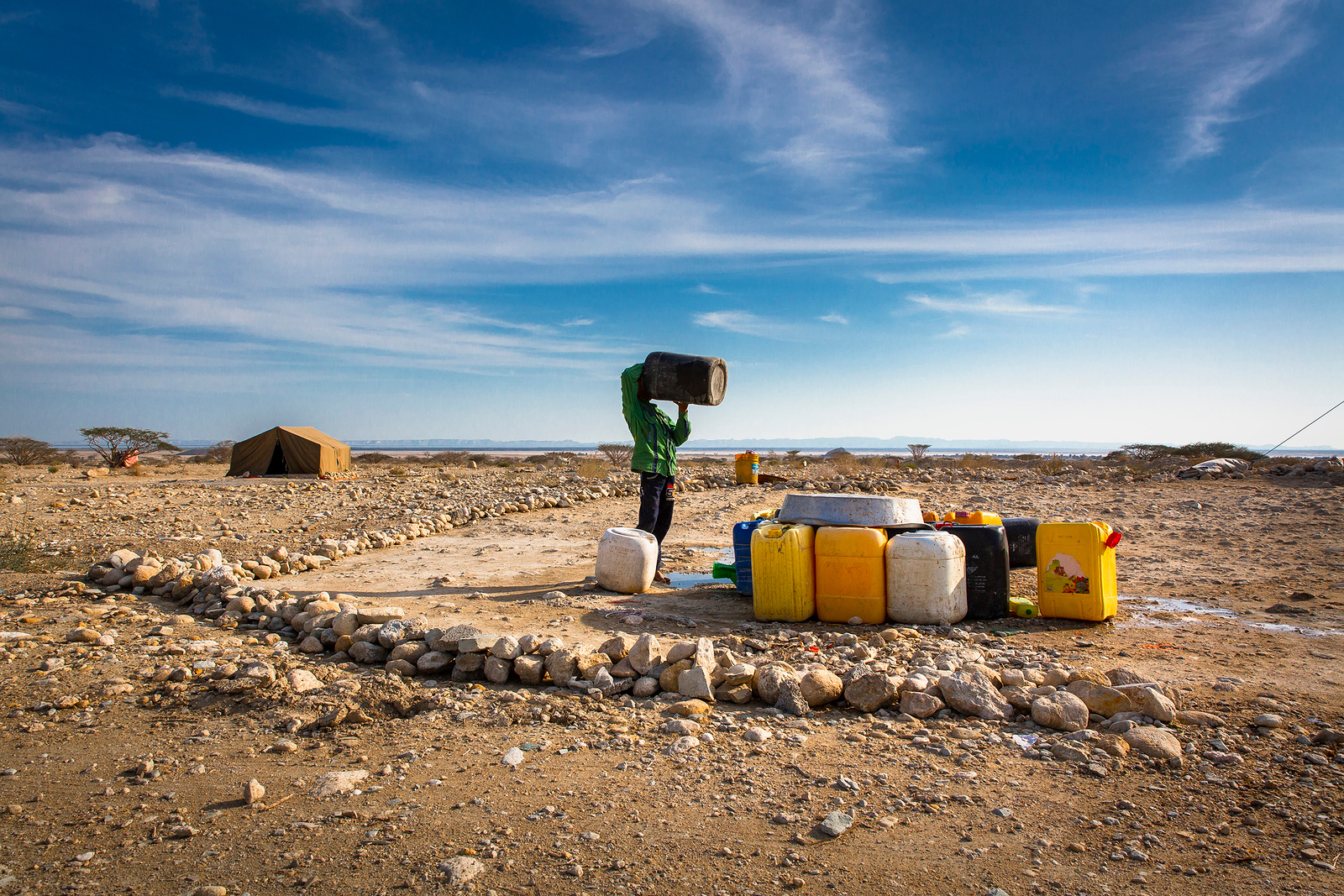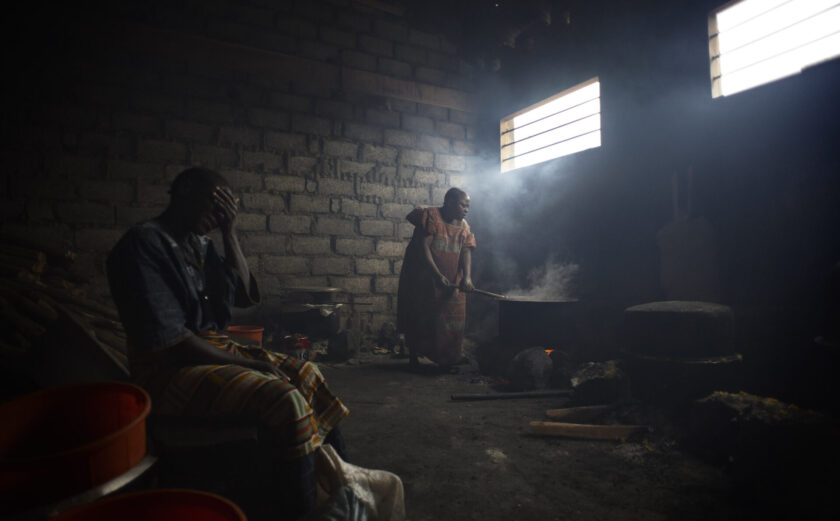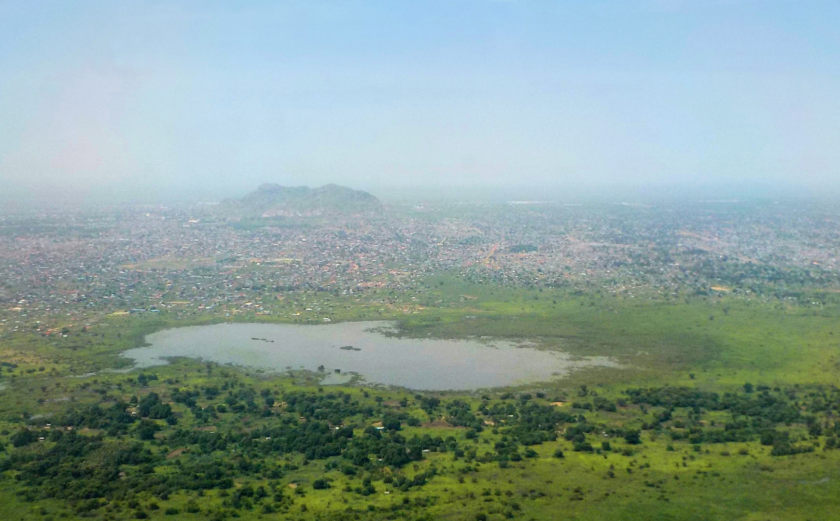
On Eighth Anniversary of Yemen Conflict, Tens of Millions Need Assistance
Over 21 million people in Yemen need humanitarian assistance as the country continues to face extreme hunger and instability. The conflict entered its ninth year on March 26.
A cease-fire last year put a brief hold on fighting between Houthi and Government of Yemen forces between April and October, but the increase in humanitarian needs over the conflict’s nearly decade-long history has left prospects of stability tenuous. Although the deal expired due to gridlocked conditions, new negotiations this month between Iran and Saudi Arabia reportedly resulted in an Iranian commitment to halt the flow of arms from Tehran to Houthi forces. This development has the potential to drastically shift the dynamics of the conflict, bringing some hope for future stability.
Nevertheless, 4.5 million Yemenis have been displaced by the conflict that has killed an estimated 158,000 people from direct violence—including 15,700 civilians—and hundreds of thousands more from hunger and disease. While some of the displaced have relocated to housing sites, the majority live among host communities where resource shortages compound vulnerability.
According to the United Nations Office for the Coordination of Humanitarian Aid’s (OCHA) 2023 Humanitarian Needs Overview, 17.3 million Yemenis face acute food insecurity. Malnutrition among mothers and children is especially severe—1.3 million pregnant or breastfeeding women and 2.2 million children under five years old need immediate nutritional support. Households had more difficulty coping with food shortages in the middle of 2022 than at any point in the previous three years. In addition to driving high food costs, insecurity has drastically stunted healthcare capacity and heightened risks to measles, cholera, and other communicable diseases.
Yemen’s depleted access to food and health services is closely linked to its dysfunctional economy, which has shrunk by 50% since the conflict began. The Yemeni Rial has struggled to retain its value following increases in commodity prices and import restrictions. These economic difficulties have been compounded by the war in Ukraine, which sparked global food shortages and supply chain inefficiencies.
Despite these immense challenges, OCHA’s 2022 Humanitarian Response Plan (HRP) only received funding to cover 53% of its total $4.3 billion need, leaving millions of Yemenis unreached by humanitarian coverage. This trend has continued into this year—a high-level pledging event in Geneva last month fell short of reaching funding levels necessary to implement essential relief services. So far, only 10% of the 2023 HRP has been funded.
Chronic donor fatigue threatens to keep the needs of affected Yemenis unanswered. Further disengagement from donors and other international actors will have lasting effects for the millions of people affected by the unrelenting hardships of the last eight years. It is essential for aid actors to reaffirm their commitments by filling gaps in funding and continuing to implement principled relief efforts that uphold the protection of the Yemeni people.









